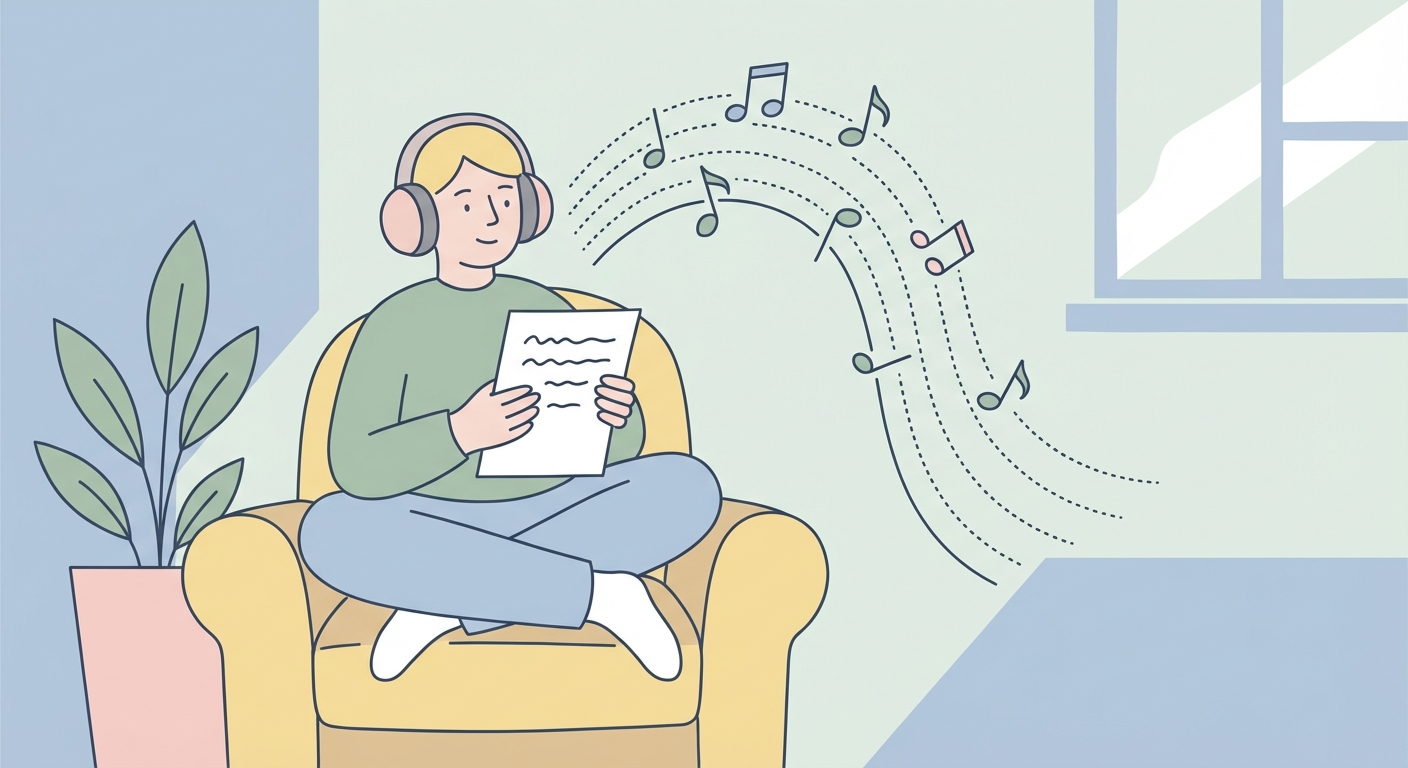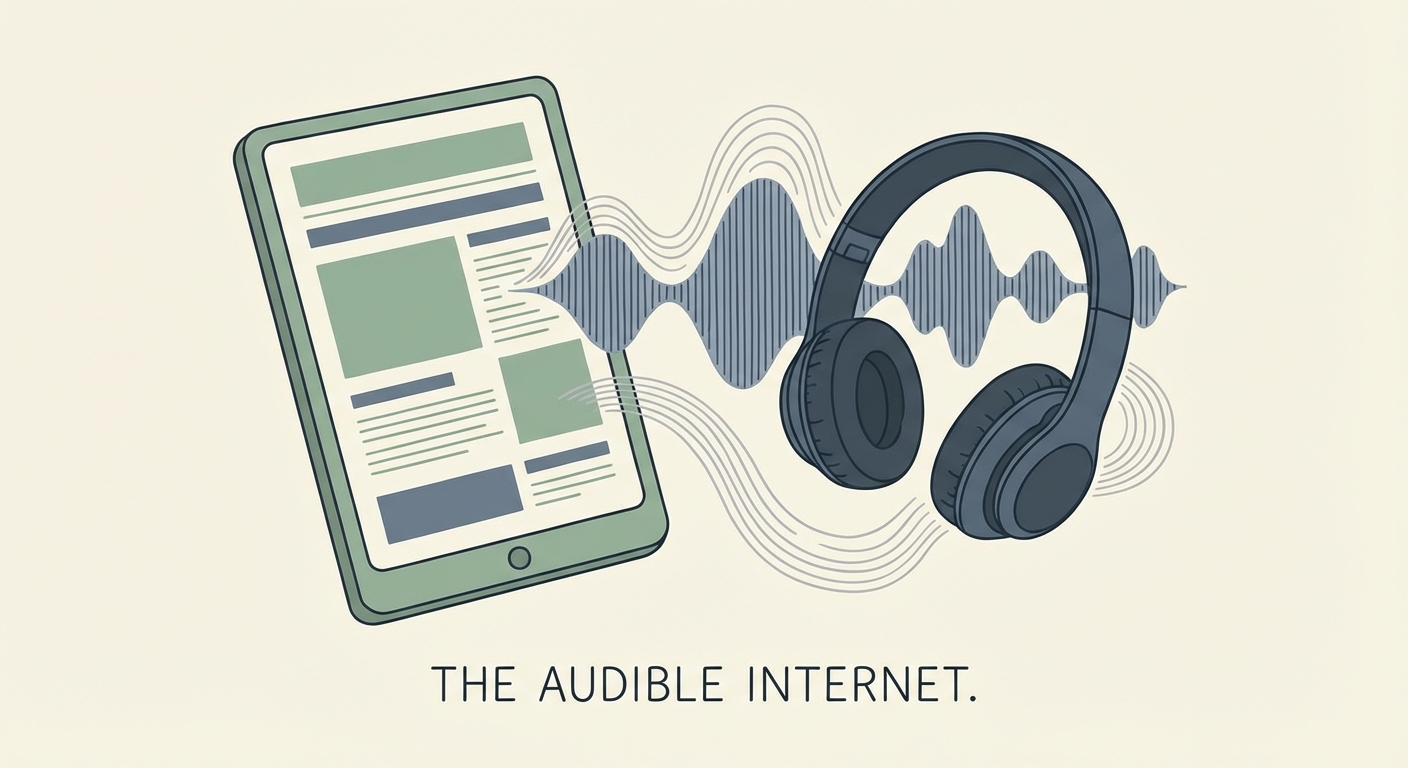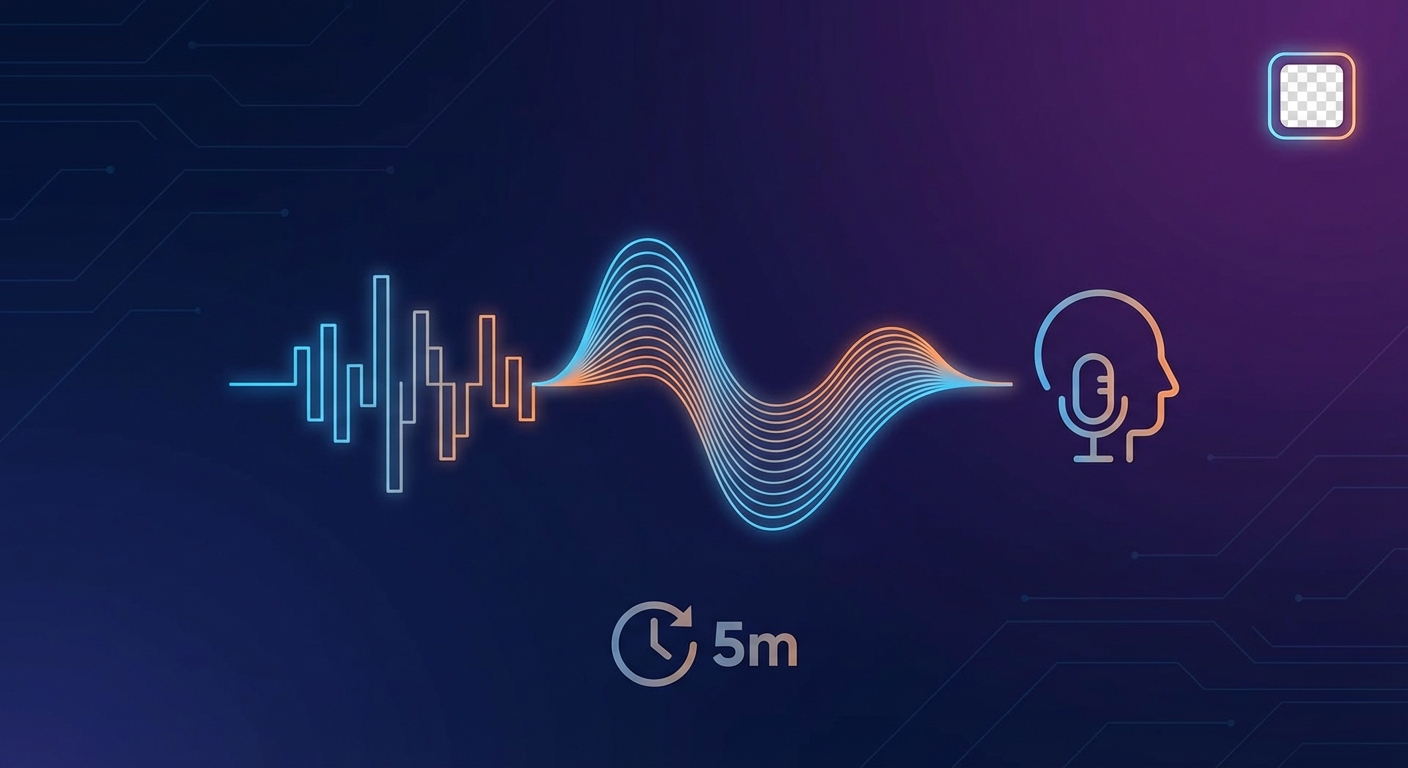Guide to Implementing Emotional Text-to-Speech Systems
TL;DR
- This article covers the essentials of building text-to-speech systems capable of expressing a range of emotions. We'll explore techniques for incorporating emotional nuances, available tools and APIs, and practical considerations for creating compelling and emotionally resonant voiceovers. You'll learn how to make your ai voiceovers sound more human, engaging, and connect with your audience on a deeper level. I mean who doesn't want that, right?
Understanding Classical Cryptography's Limitations
Okay, let's dive into why classical cryptography is sweating bullets these days. I mean, you've probably heard whispers about quantum computers, right? It's not just sci-fi anymore, and this is kinda a big deal for keeping our secrets secret!
See, classical cryptography, the stuff that's been protecting your bank transactions and emails, is starting to look kinda shaky. Here's why:
Key Exchange Nightmares: Most of it relies on these secret keys – like a digital handshake. (What happens in a TLS handshake? | SSL handshake - Cloudflare) The problem? Getting those keys to each other securely is a total pain. Think Diffie-Hellman, RSA – great ideas, but they got weaknesses.
Math Problems Aren't Forever: Public-key cryptography, which is used everywhere, it's based on math problems that are supposed to be super hard to solve. (Public-key cryptography - Wikipedia) But what happens if someone finds an easy way to crack 'em? That's where quantum computing comes in.
Shor's Algorithm is a Game Changer: Shor's algorithm is a quantum algorithm that can break many of the public-key cryptosystems currently in use. Specifically, it can efficiently solve the discrete logarithm problem, which is the mathematical foundation for Diffie-Hellman, and the integer factorization problem, which is the backbone of RSA. This is exactly the reason why quantum-resistant solutions need to be taken seriously.
So, yeah, classical cryptography has some serious limitations. What's next? Quantum cryptography is here to save the day.
Quantum Cryptography: A New Paradigm
Quantum cryptography? It's not just some buzzword; it's a whole new way of thinking about how we keep stuff secret. Instead of relying on math that might be cracked someday, it leans on the laws of physics themselves. Pretty cool, huh?
Quantum mechanics provides a new foundation for cryptography. It's about using the weirdness of quantum physics -- like superposition and entanglement -- to make key exchange super secure.
Heisenberg's Uncertainty Principle plays a crucial role. Essentially, if you try to peek at a quantum system, you're gonna mess it up. This means eavesdropping becomes obvious. If an eavesdropper tries to intercept and measure the quantum state of a photon carrying key information, they will inevitably disturb that state. This disturbance will manifest as errors in the received key, which the legitimate parties can detect.
The no-cloning theorem is another cornerstone. As the name suggests, you can't perfectly copy a quantum state. This protects against man-in-the-middle attacks because an eavesdropper cannot intercept a quantum state, make a perfect copy of it, and then re-transmit the original without altering it. Any attempt to copy will introduce detectable changes.
Think of it like this: imagine sending a locked box (the key) using quantum tech. If someone tries to intercept and open it, the box changes in a way that tells you it's been tampered with. It's not just about better algorithms, but a fundamentally different approach, right?
Next up? We need to talk about Quantum Key Distribution (QKD) and how it all works in practice.
Exploring Quantum Key Distribution (QKD) Protocols
Quantum Key Distribution, or qkd, it's where things get really interesting. I mean, we've talked about the theory, but how does this actually work in practice? Let's get into it, shall we?
So, QKD uses quantum mechanics to securely exchange cryptographic keys. It's not about sending the actual message, but the key to unlock it. Think of it like this: you and your friend need to share a secret, but you don't trust the mailman, qkd is your armored car.
BB84 Protocol: This one's the OG, first proposed in 1984. It uses polarized photons to encode bits, and it's all about detecting eavesdropping through changes in polarization. If someone's snooping, they'll mess up the photons, alerting you to the intrusion.
E91 Protocol: This one's entanglement-based. It uses pairs of entangled photons, and any attempt to measure one photon instantly affects the other which alerts you to potential eavesdropping. It's like having a super-sensitive tripwire.
sarg04 Protocol: A variant on bb84 that addresses certain theoretical attacks. Specifically, sarg04 aims to mitigate attacks that exploit imperfections in the photon sources or detectors, which could allow an eavesdropper to gain partial information about the key without being detected by the standard BB84 error checking. It often achieves this by using more sophisticated measurement bases or by introducing additional checks.
So, how secure is qkd really? Well, quantum physics guarantees that any attempt to intercept the key exchange will inevitably introduce errors, making eavesdropping detectable. It's not foolproof—no system is—but it raises the bar significantly from classical methods. Next, we'll get into the nitty-gritty of the bb84 protocol.
Practical Challenges and Solutions
Distance is a real buzzkill for quantum signals, right? It's like trying to whisper a secret across a football field, it just doesn't work.
- Signal Degradation: Photons, those tiny light particles carrying our keys, they gets absorbed or scattered.
- Quantum Repeaters: These are, like, quantum signal boosters. They relay qubits without actually measuring them.
- Trusted nodes: As a work around; you can set up a network of trusted nodes. These nodes receive the quantum key, decrypt it using a classical secure channel, and then re-encrypt it with a new quantum key to send to the next node. The security relies on the trust placed in these intermediate nodes not to compromise the key.
Next, let's see how we are dealing with the noise!
Quantum Cryptography in the Context of AI-Powered Security
Quantum cryptography and ai? Sounds like a match made in, uh, a very secure heaven. Let's see how they could work together, right?
Zero Trust Enhancement: Quantum key distribution (qkd) could make zero trust way more solid. Imagine micro-segmentation where each segment's keys are quantum-generated and rotated constantly. This means each small network segment gets its own unique, quantum-secured key that changes frequently, making it much harder for an attacker to move laterally if they breach one segment.
Granular Access + Quantum: Think about super-precise access control. You know, like, only this person can access that file at this time, with keys that's quantum-secured.
ai Threat Detection: ai algorithms could watch qkd networks for anomalies, potentially catching man-in-the-middle attempts or hardware tampering.
Up next, we're wrapping things up.
Real-World Applications and Future Trends
Okay, so quantum cryptography isn't just some pipe dream, right? It's starting to show up in real places, and the future? Well, let's just say it's looking interesting.
Securing critical infrastructure is a big one. Think power grids or water supplies. If someone messes with those, it's a bad scene. Quantum cryptography could keep those systems locked down tight.
Protecting financial transactions is another obvious use. Banks and financial institutions are always targets. Quantum keys could make it way harder for hackers to steal your money, or worse.
Government and defense applications – no surprise there. Governments need to keep secrets, and quantum cryptography is like the ultimate lockbox.
Standardization efforts is important because, well, everyone needs to be on the same page for this stuff to really work.
Cost reduction and scalability is next. Right now, quantum stuff is pricey, but as tech improves, it'll become more accessible. Cost reduction and improved scalability are crucial for enabling widespread adoption, including ambitious applications like satellite communications.
Integration with satellite communications is like, the long game. Imagine a world where all our satellite data is quantum-encrypted. That's some serious security.
Quantum cryptography is still in its early stages, but it holds significant potential. While it won't replace all existing security measures overnight, it is undoubtedly a key component of future cybersecurity strategies.





